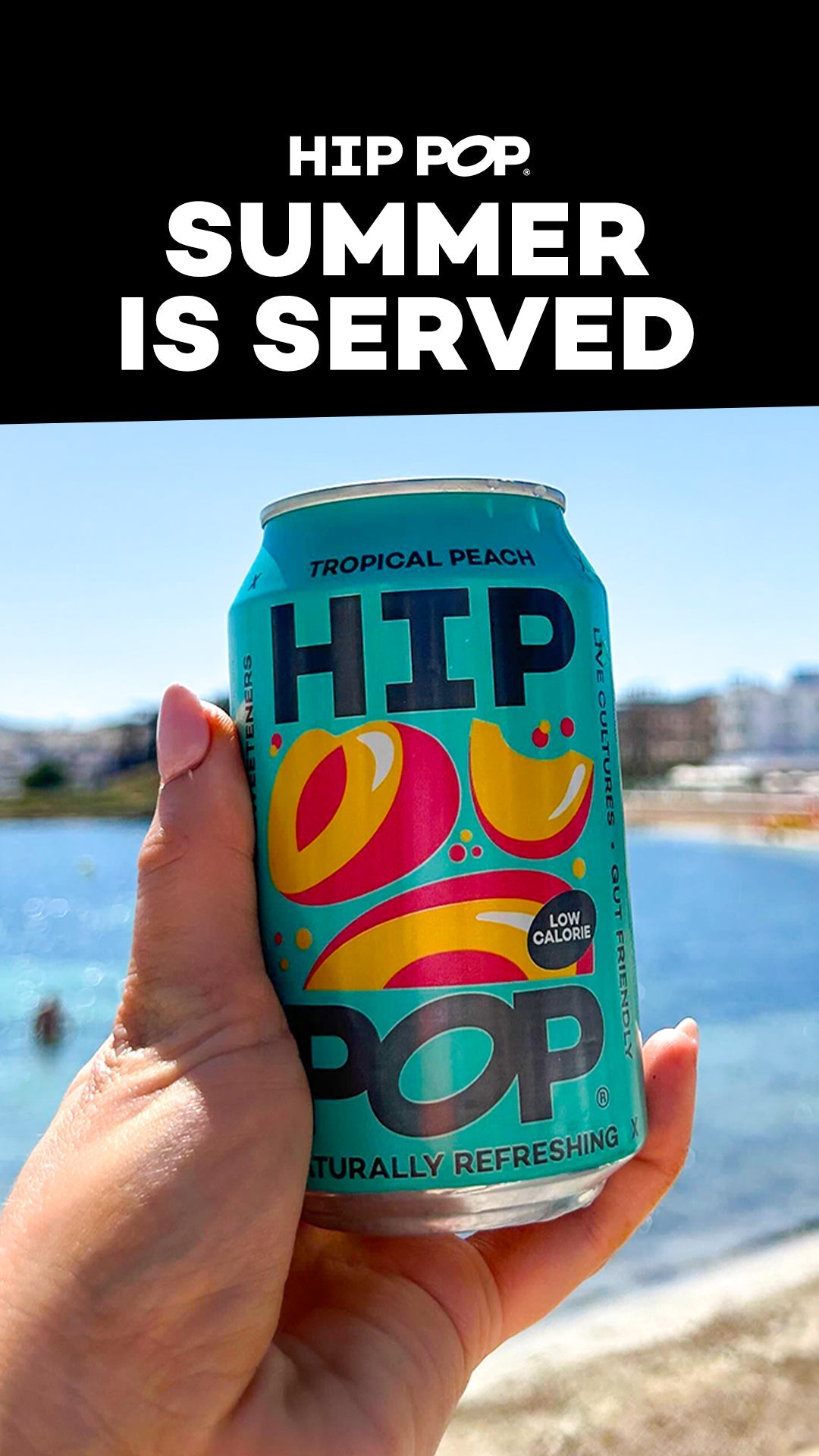
· By Ruby Monaghan
The History of Kombucha
We live and breathe kombucha at HIP POP… but who actually gave us the gift of kombucha? Kombucha actually originated in ancient China, and this Chinese New Year we’re celebrating culture and tradition by giving you 29% off all our ancient fermented brews x
But first…how exactly did kombucha come about, you ask? Read on to learn all about the weird fermented tea drink we all know and love today.
The Qin Dynasty (221-206 BCE)
China has a lengthy history of fermented food and beverages, many of which are household staples like soy sauce, rice wine and rice vinegar. However in The Qin Dynasty around 221-206 BCE, fermentation wasn’t just used to add a bit of umami to your food, it was a rapidly progressive form of alchemy used to make health tonics and elixirs used by Taoist monks to enhance longevity and immortality.
Concurrently, tea had moved from simply a medicinal herb to a brewed beverage and was commonly mixed roots, herbs and other fermented goods to enhance it’s properties. Although Kombucha is not specifically mentioned here it is widely believed this time period is essentially the birth of Kombucha.
The Tang Dynasty (618–907 CE)
Fast forward a few years and China’s tea culture has been fully formed, and the first official book on tea has been published: Lu Yu’s 茶经 (Cha Jing, Classic of Tea). Buddhist monks at the time consumed fermented tea for digestion and meditation, and some Taoist scripts from this era describe brewing herbal teas with yeast and bacteria (kombucha?!).
Tang Dynasty emperors and scholars sought longevity elixirs often made with fermented ingredients. Court physicians commonly experimented with probiotic teas, possibly including early kombucha iterations.
The Legend of Dr Kombu (414 CE)
According to a mysterious legend, kombucha travelled to Japan around 414 CE, during the reign of Emperor Ingyō. It is said that the emperor suffered from a multitude of digestive issues, and was seeking help from the best physicians he could find, one of whom was Dr Kombu. Dr Kombu was summoned from Korea to the Japanese court to cure the emperor of his bad belly.
With him he brought a fermented tea which helped restore the emperor’s health and reinstate his sense of digestive longevity. The tea then became known as a half name-sake “Kombu-cba” translating to “Kombu’s tea.”
Takeaway
Although - this story is more of a legend than fact, it is really summative of the breadth and longevity of its effect and how many cultural influences have birthed the drink we know and love today.
So celebrate the legend of Dr. Kombu with us at HIP POP today and take advantage of our 29% off sale. Whether its the tangy Ginger and Yuzu, or the sweet and refreshing Apple and Elderflower, we’ve got a flavour everyone can love!



